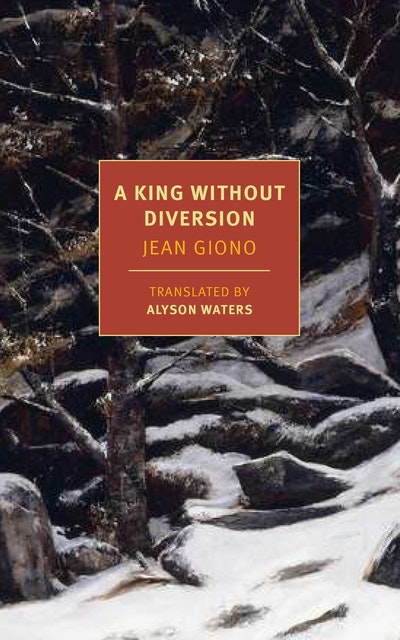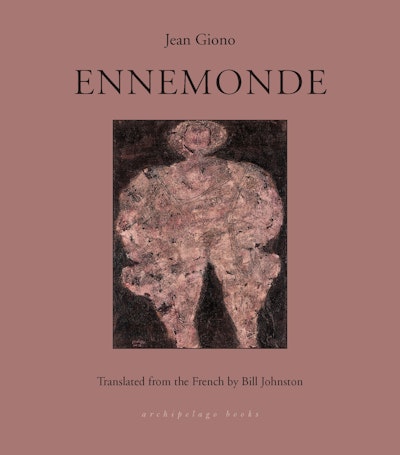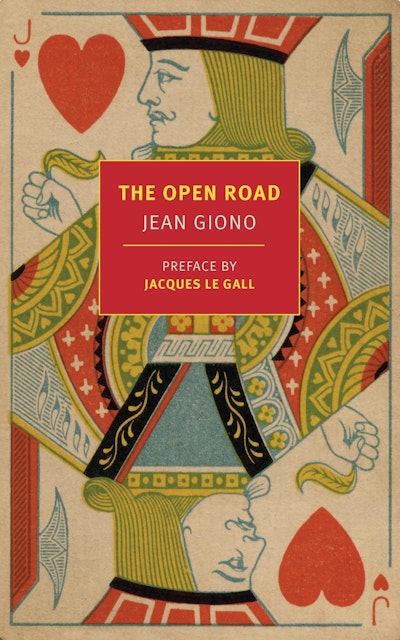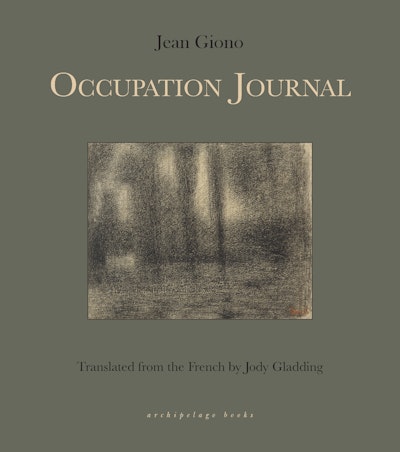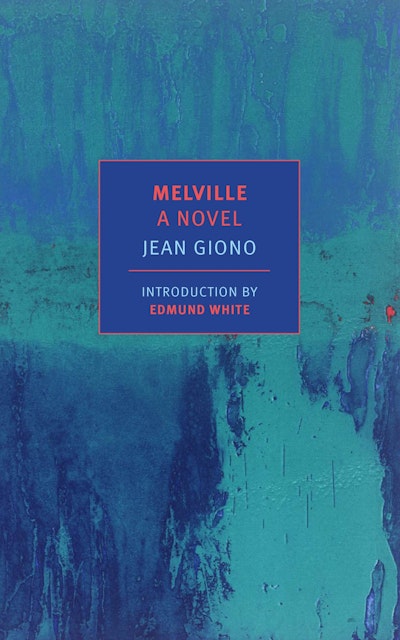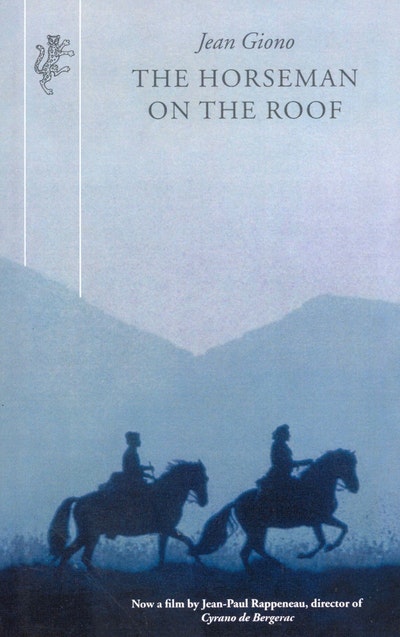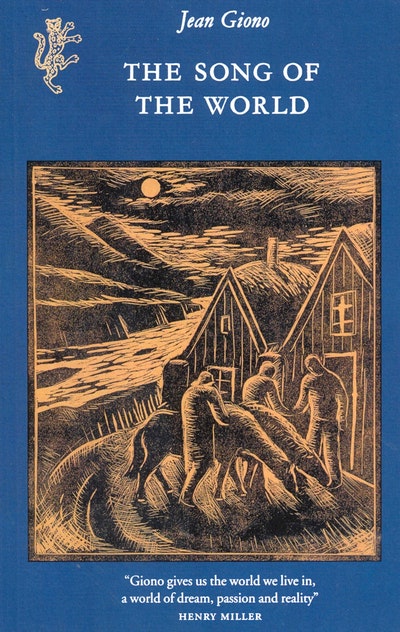[]
- Published: 25 June 2019
- ISBN: 9781681373096
- Imprint: NY Review Books
- Format: Paperback
- Pages: 176
- RRP: $39.99
A King Alone
Formats & editions
Buy from…
- Published: 25 June 2019
- ISBN: 9781681373096
- Imprint: NY Review Books
- Format: Paperback
- Pages: 176
- RRP: $39.99
"For Giono, literature and reality overlap the way that waves sweep over the shore, one ceaselessly refreshing the other and, in certain wondrous moments, giving it a glassy clearness."--Ryu Spaeth, New Republic
"Giono's writing possesses a vigor, a surprising texture, a contagious joy, a sureness of touch and design, an arresting originality, and that sort of unfeigned strangeness that always goes along with sincerity when it escapes from the ruts of convention."--André Gide, unpublished letter, 1929
